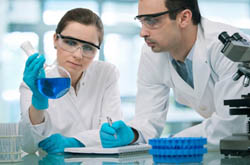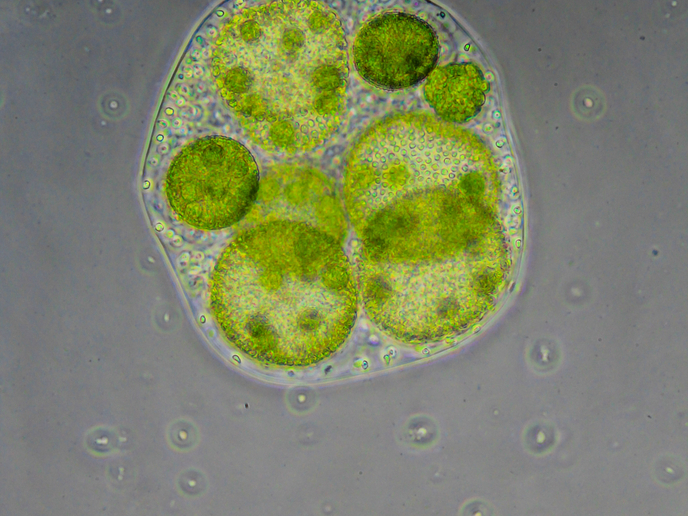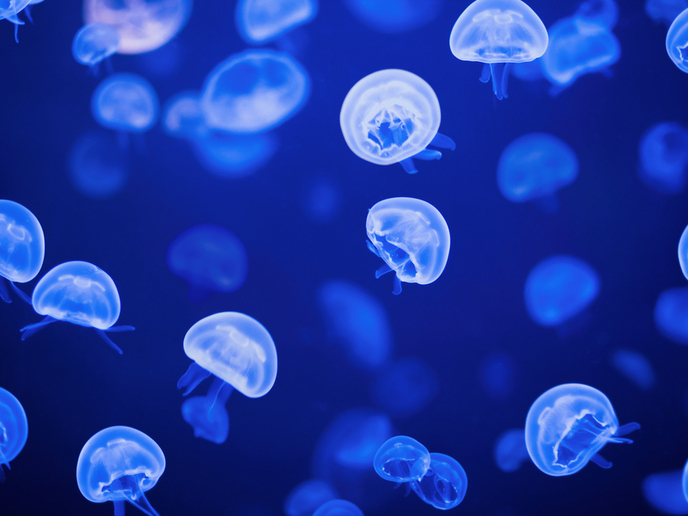Nearly pure fine chemical production using natural catalysts
Chemical synthesis is a tricky business. The multiple steps leading from reactants to final product can result in the production of numerous compounds of little use to the chemical designer. These must then be removed to achieve high purity of the compound of interest. One of the most likely co-products of chemical synthesis is the enantiomer (or mirror image) of a compound. Despite similiarities, the enantiomers have little or no activity in the targeted application. Dehydrogenases are protein enzymes that catalyse the removal of hydrogen atoms in an enantio-selective way. EU-funded scientists are exploiting dehydrogenases in a system relying on hydrogen ion exchange for the reduction of ketones to alcohols. The project 'Development of electrochemical reactors using dehydrogenases for enantiopure synthon preparations' (ERUDESP) is using an electrochemical process to regenerate intermediates (co-factors). The entire system is immobilised on the electrode surface of a nano-structured mini-reactor to convert virtually all inputs to outputs without contamination or loss. During the second reporting period, scientists developed and up-scaled efficient immobilisation techniques for catalytically active species, chemical mediators and co-factors at the electrode surface. A micro-reactor cell was tested with a full-scale porous electrode for conversion of sorbitol to fructose, exhibiting higher currents than previously ever recorded for such a set up. In addition, a new multi-cell array was designed, manufactured and validated, and electro-coating methods were up-scaled. Several kinds of bioelectrocatalytic systems were manufactured and tested. As the project was extended to include electroenzymatic oxidation in addition to reduction, the demonstrator has been suitably modified and calibrated. Test cases included the production of low-calorie sweeteners and molecules relevant to the pharmaceutical industry. The final bioelectrochemical reactor represents a functional and highly selective system for oxidation and reduction reactions dependent on the choice of immobilised enzymes. ERUDESP technology should find widespread application in the selective production of fine chemicals with very high purity and virtually no waste emission.







